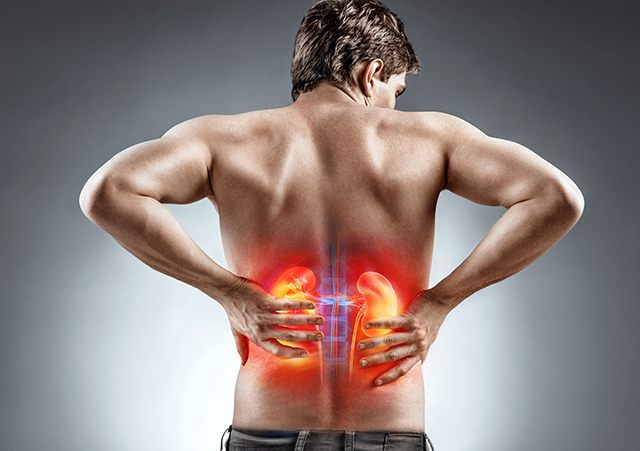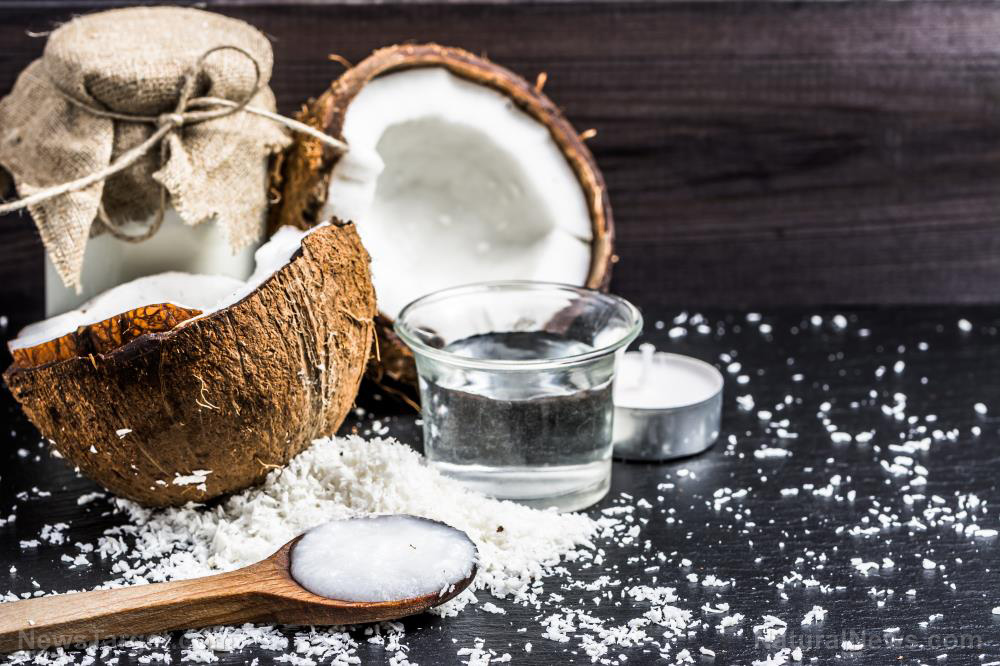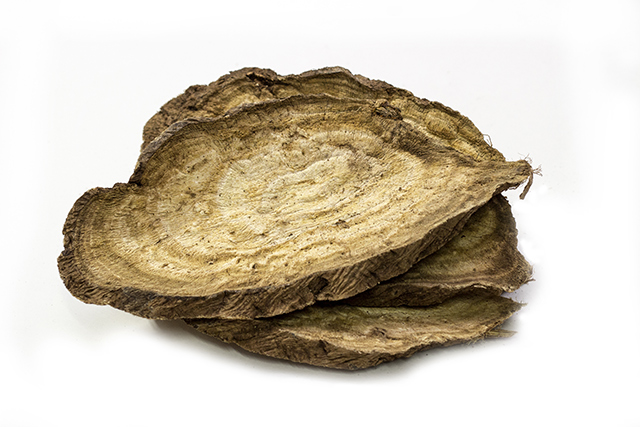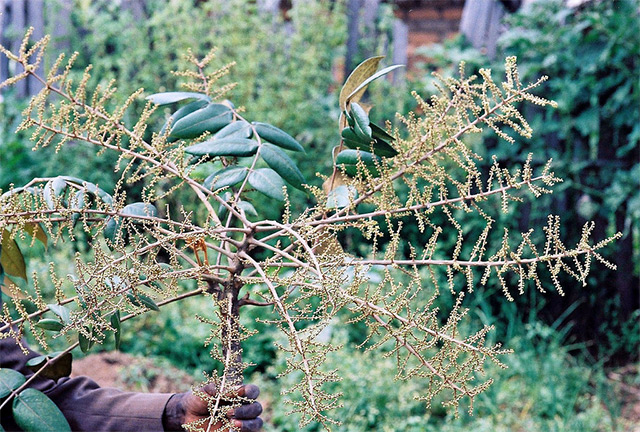A Chinese herbal complex can prevent renal injury in patients with Type 2 diabetes
11/06/2018 / By RJ Jhonson

Diabetes is a fearsome health condition. When left uncontrolled, it can easily damage various parts of your body, including your kidneys. According to a study published in the journal BMC Complementary and Alternative Medicine, the combination of two herbal formulations used in Traditional Chinese Medicine (TCM) can help protect your kidneys from damage brought about by diabetes.
The condition, called diabetic nephropathy (DN), is one of the most common complications of diabetes. It is also a considerable contributor to end-stage renal disease (ESRD), more commonly known as kidney failure. The pathogenesis of DN is not thoroughly understood, but some studies suggest the involvement of inflammation and errors caused by a high-glucose environment.
Two herbal medicines used in TCM, Radix puerariae (RP) and Fructus crataegi (FC), are believed to have renal protective effects, especially in people with DN. RP is also known as Gegen in Chinese and is made from the root of either Pueraria lobata or Pueraria thomsonii (kudzu). It is noted for its hypoglycemic effect and its ability to improve insulin resistance, which is why it is prescribed to sufferers of diabetes.
On the other hand, FC is formulated from either of two varieties of Crataegus pinnatifida (shan zha) and is usually made into tea. It is known for its rich antioxidant content, which has been proven in in vitro studies.
To test the effectiveness of the herbal combination (RPFC) against DN, the researchers used a Type 2 diabetic rat model. In the study, the researchers fed 20 rats with high-fat diet meant to induce insulin resistance. The animals were divided into five groups: normal; high-fat diet; a diabetic group that was given saline solution; a group that was given a high-fat diet plus RPFC; and a diabetic group that was given RPFC. Diabetes was induced through an injection of streptozotocin (STZ), a toxin that affects the insulin-producing cells in the pancreas.
Throughout a 15-week period, the animals’ blood glucose levels and weight were measured once a week. The researchers also kept track of the rats’ urine albumin excretion rate. In the end, the animals were sacrificed and their kidneys collected and examined.
The researchers found that treating with RPFC resulted in decrease in blood glucose. Administering RPFC also reduced damage to the kidney cells, as well as the presence of Phosphoinositide 3-kinase (PI3K) and protein kinase B (AKT), both modulators of inflammation.
The results led the researchers to conclude that treatment with RPFC blocks the P13K/AKT pathway in the kidneys, reducing inflammation and preventing injury in the rats’ kidneys.
How to lower your risk of diabetes
The best way to prevent DN is to reduce your risk of Type 2 diabetes. Here are some tips you can follow to avoid the disease:
- Reduce your sugar intake – Eating foods that are rich in sugar and refined carbohydrates is one of the surest ways to develop diabetes. Constant consumption of sugary foods makes your cells more and more resistant to insulin, the hormone produced by your body to get sugar out of your bloodstream. Insulin resistance is one of the main characteristics of diabetes. (Related: These ten foods balance your blood sugar and prevent diabetes.)
- Exercise – Working out can improve your insulin sensitivity, which means your pancreas won’t have to work double-time to control your blood sugar levels. The best workouts to follow are aerobic exercises, strength training, and high-intensity interval training (HIIT).
- Drink plenty of water – Sweetened beverages are among the easiest ways to obtain sugar. Sticking to water as your thirst-quencher of choice will help you avoid sugary drinks while staying refreshed and hydrated.
- Quit the cigarettes – Smoking is bad for your health. Not only does it increase your risk of developing conditions like cancer and heart disease, it also raises your risk of diabetes by up to 44 percent, according to studies.
Learn more about preventing diabetes and its complications at DiabetesScienceNews.com.
Sources include:
Tagged Under: alternative medicine, diabetes complications, Diabetic nephropathy, end-stage renal disease, fructus crataegi, herbal medicine, kidney failure, kidneys, Kudzu, Radix Puerariae, renal injury, shan zha, TCM, traditional Chinese medicine, Type 2 Diabetes



















